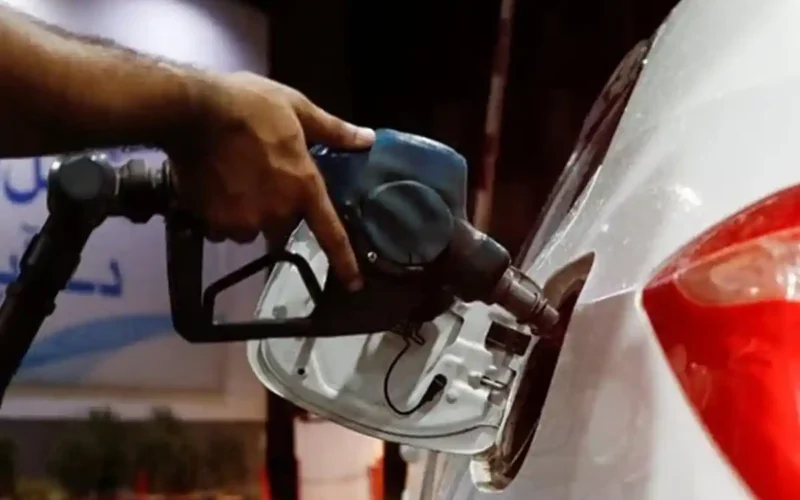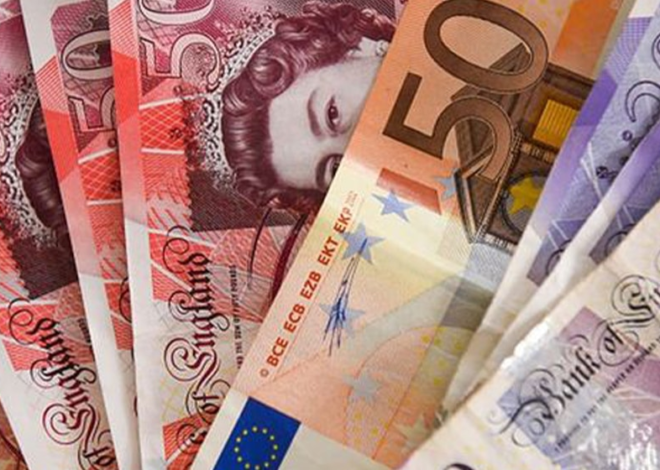
Petrol Price Hike Pakistan Expected to Rise from November 1
Anticipated Price Hike Across Petroleum Products
Petroleum prices in Pakistan are expected to increase from November 1, with petrol likely to see a rise of around Rs. 2.34 per litre, according to early estimates from media reports. The anticipated adjustment comes amid global oil market fluctuations and the impact of recent US sanctions on major Russian oil companies, both of which have influenced international crude oil prices.
The initial data from the first 12 days of the current pricing cycle indicates that petrol and high-speed diesel (HSD) are both set for modest increases, while kerosene oil could experience a comparatively sharper rise. The final prices will be determined once the government completes its review of the fortnightly import and exchange rate data.
Breakdown of Expected Price Changes
Based on preliminary calculations, petrol prices may rise by Rs. 1.48 per litre, whereas high-speed diesel is projected to go up by approximately Rs. 1.38 per litre. Kerosene oil is expected to witness the largest increase — about Rs. 2.34 per litre — while light diesel oil (LDO) may rise by Rs. 0.49 per litre.
If these estimates hold, the revised prices for petroleum products from November 1 could stand as follows:
- Petrol: Rs. 264.50 per litre
- High-Speed Diesel (HSD): Rs. 276.80 per litre
- Kerosene Oil: Rs. 184.05 per litre
- Light Diesel Oil (LDO): Rs. 163.25 per litre
These projected prices reflect the ongoing volatility in international crude markets and the adjustments in Pakistan’s import costs due to changing global dynamics.
Global Market Factors Driving the Increase
The expected hike in petroleum prices is primarily attributed to fluctuations in global oil demand and supply, coupled with the recent US sanctions on major Russian energy companies. These sanctions have disrupted certain supply chains, leading to an increase in international oil prices.
Moreover, the depreciation of the Pakistani rupee against the US dollar has also played a role in raising the import cost of petroleum products. Since Pakistan imports most of its crude oil and refined petroleum, changes in the global market directly impact local prices.
Energy analysts note that the price increase is part of a broader global trend, as geopolitical uncertainties continue to affect oil production and trade.
Government’s Review and Final Announcement
The government of Pakistan will make the final announcement on October 31, after evaluating the full fortnightly data that includes import costs, freight charges, and currency exchange fluctuations. The Ministry of Finance and the Oil and Gas Regulatory Authority (OGRA) are working together to finalize the revised prices.
Officials have stated that the new prices will take effect from November 1, and adjustments will be made in line with global price trends and domestic market conditions. Any movement in the exchange rate or change in international crude oil prices in the remaining days of the review period could still influence the final figures.
The upcoming announcement will be closely watched by transporters, industrial sectors, and consumers alike, as fuel price changes have a direct impact on inflation and the cost of living across the country.







